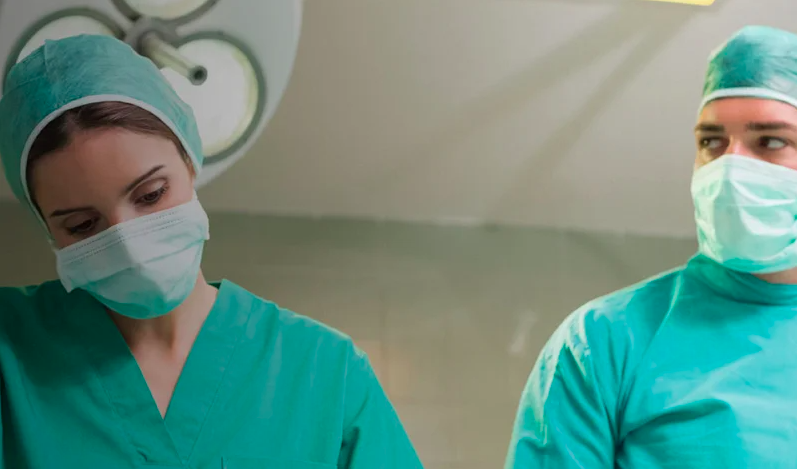Anaesthesia | Patient specific populations | General principles of poisoning



General Principles of Poisoning
Session Overview
Description
The purpose of this session is to introduce the specific management of the more common agents associated with poisoning.
Learning Objectives
By the end of this session you will be able to:
- Explain the general goals of treatment of a poisoned patient
- List the specific approaches of reducing the burden of a poison
- State where to obtain information to help with the management of acute poisons
Poisoning is contact with a substance that results in toxicity to the body. This is most commonly due to ingestion but can be as a consequence of inhalation, contact with the skin or injection.
The effects of poisons are often dose related. Toxicity may result from exposure to excessive amounts of normally non-toxic substances or from exposure to substances that cause toxicity at all doses, however small.
Poisoning can be accidental or intentional, i.e. deliberate self harm. Drug overdose or poisoning is a common reason for presentation to emergency departments, accounting for 3-5% of attendances.
Presenting symptoms vary but common syndromes may suggest different causes of poisoning.
The general principles of the usual supportive measures guide treatment, however, there are also specific antidotes to certain poisons.
- Anaesthesia Fundamentals | Physiology | Visceral P...
- Posted By eIntegrity Healthcare e-Learning
- Posted Date: 2025-01-11
- Location:Online
- This session describes the clinical features of visceral pain and neuropathic pain, and contrasts these with somatic pain. The neurological pathway is discussed and the principle of central sensitization.
- Anaesthesia Fundamentals | Physiology | Pain - Per...
- Posted By eIntegrity Healthcare e-Learning
- Posted Date: 2025-01-11
- Location:Online
- This session works through the peripheral and central mechanisms of pain.
- Anaesthesia Fundamentals | Physiology | Neurologic...
- Posted By eIntegrity Healthcare e-Learning
- Posted Date: 2025-01-11
- Location:Online
- The session covers the organization of the spinal cord for motor functions, the types of motor neurones, the structure and function of muscle spindles and Golgi tendon organs, and the muscle stretch reflex, flexor and crossed extensor reflexes.
- Anaesthesia Fundamentals | Physiology | Autonomic ...
- Posted By eIntegrity Healthcare e-Learning
- Posted Date: 2025-01-11
- Location:Online
- This session summarises the structure and function of the autonomic nervous system.
- Anaesthesia Fundamentals | Physiology | The Brain
- Posted By eIntegrity Healthcare e-Learning
- Posted Date: 2025-01-11
- Location:Online
- Â This session covers the functional physiological divisions of the brain, the regulation of blood flow and physiology of cerebrospinal fluid.


